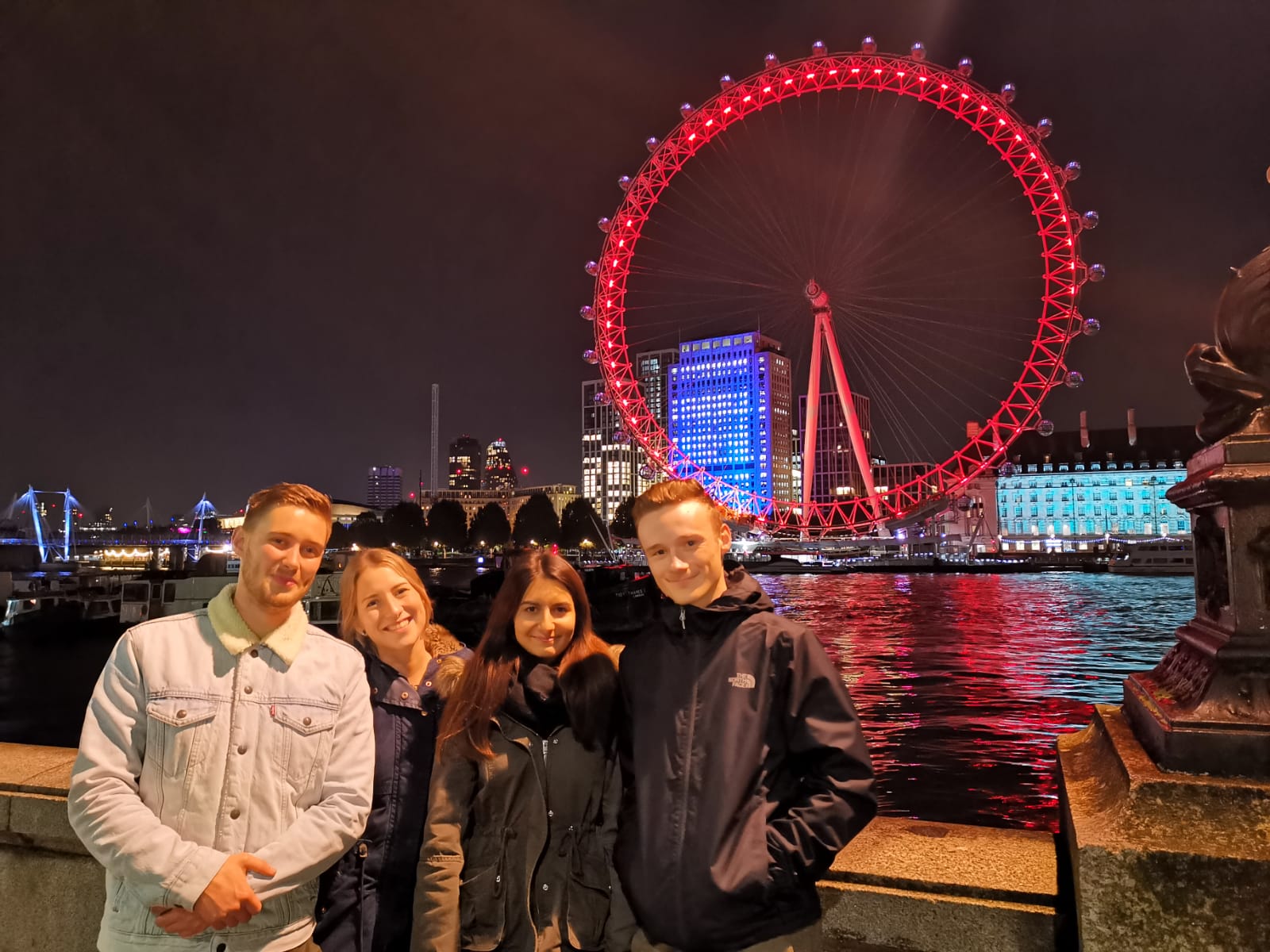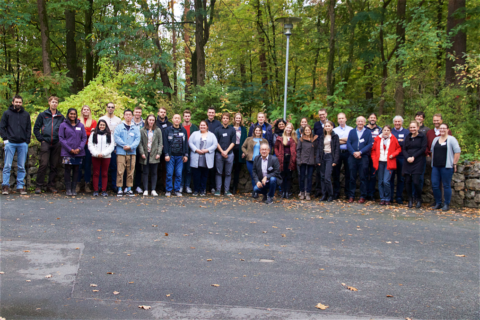The “iImmune” Master’s programme is in great demand worldwide
International, interdisciplinary and interfaculty – the elite M.Sc. Integrated Immunology program at FAU is anything but ordinary. In addition to basic research in immunology, cell and molecular biology, great importance is attached to practical courses that enable students to comprehensively expand their professional skills. The study program, which is taught in English and is being organized by the Department of Biology and the Medical Faculty, is characterized by its strongly interdisciplinary character. Thus, clinicians and basic researchers are equally involved in the training, thus ensuring a direct practical relevance of the acquired knowledge. In addition, current problems in the treatment of patients are used as a basis for research projects and the development of new therapeutic strategies. Furthermore, innovative forms of learning, such as Problem Oriented Learning, allow a high degree of self-organisation of the students.
The innovative learning concepts, varied tutorials and seminars as well as the close cooperation with the clinic make it interesting for foreign students as well: 42 percent of the students of the current year come from abroad. “We are particularly pleased that, in addition to India and China, we are also recognised in Great Britain, Australia and the USA as an attractive and competitive alternative to immunology courses offered there,” said Prof. Nimmerjahn, spokesperson for the course.

Figure 1: The world in Erlangen: Students will meet the professors and tutors of the elite M.Sc. Integrated Immunology course at the introductory event on October 7, 2019.
In the Master’s program, which is sponsored by the Elite Network Bavaria, a stay abroad is part of the program. Florian Simon is now in his third semester and is doing an internship abroad in London together with three other students. “The internship abroad in renowned research institutions, which is firmly anchored in the curriculum, is one of the most valuable components of this elite study programme and enables us to make contacts early on in our academic career and get to know other innovative methods and research approaches,” he says.

Figure 2: The four IImmune students Jannik Wagner, Friederike Oltmanns, Hanife Dinc and Florian Simon (from left) in London (Photo: Florian Simon)

